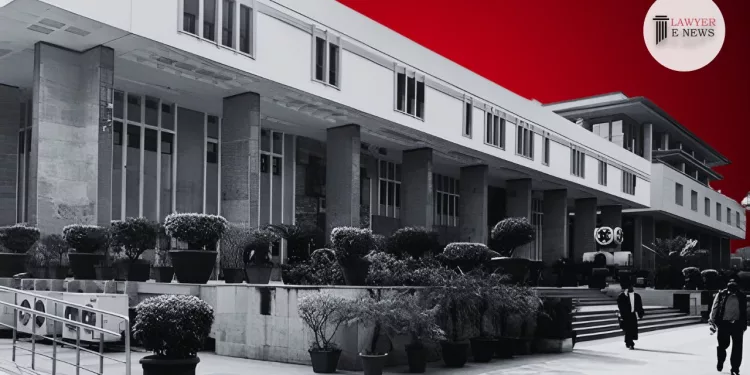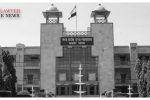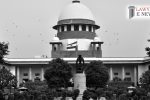Courts Cannot Be Held Hostage to Technicalities: Delhi HC Sets Aside Orders for Non-Recording of Written Statement

In a notable judgment delivered by the Delhi High Court, Hon’ble Ms. Justice Shalinder Kaur on March 27, 2024, addressed significant legal points surrounding the procedural intricacies in commercial litigation. The court was tasked with adjudicating the petition filed under Article 227 of the Constitution of India by Raj Kumar Nair, challenging orders of the Learned District Judge (Commercial) which involved non-recording of his written statement and dismissal of his application for condonation of delay in a dispute against UCO Bank.
Legal Point: The pivotal legal question revolved around the application of Order VIII Rule 1 of the CPC in the ambit of the Commercial Courts Act. The court examined whether the Proviso to Order VIII Rule 1 of the CPC, which sets a time limit for filing a written statement, could be relaxed under specific circumstances.
Facts and Issues: Raj Kumar Nair, the petitioner, found himself entangled in a legal battle with UCO Bank over a commercial suit after his father’s demise left him uninformed about the business transactions. The suit escalated when Nair’s written statement was not recorded owing to a delay in filing. His subsequent application for condonation of delay was dismissed by the Commercial Court, leading to the current petition.
Court’s Assessment: Justice Shalinder Kaur critically analyzed the applicability of Order VIII Rule 1 of the CPC and the court’s discretion under the Proviso. She observed, “The peculiar facts and circumstances of the case… the petitioner was not prompt in giving the details of the case and the defenses to be prepared on his behalf which had caused the delay of 17 days in filing the written statement.” The judgment recognized the need for flexibility in procedural laws, especially in cases involving unique circumstances.
Decision: The High Court set aside the impugned orders dated 11.04.2023 and 17.10.2023, accepting the written statement on record and condoning the 17-day delay. The court imposed a cost of Rs. 20,000 to be paid by the petitioner to the respondent, balancing the principles of law and equity.
Date of Decision: March 27, 2024
Raj Kumar Nair vs UCO Bank






